
The Problem: Why We Forget So Much
Rereading can be useful, but it rarely helps you remember details. If, like most readers, you find the details fade quickly, then retrieval practice is the tool you need.
Did you know most people forget 90% of what they read within a week? Retrieval practice helps you remember long after reading.
Before a test, I often see my students sitting with a textbook open, rereading the same words again and again. They hope a third pass will make the information stick. It rarely does.
Reading is not just about what you put into your mind, but what you can pull back out. Psychologists call this retrieval practice, or the testing effect, and it has been studied for nearly 100 years.
You probably remember retrieval practice from your own school tests. But as an adult, it can be as simple as writing a quick sticky note or asking ChatGPT a question about your book.
In this post, you’ll learn:
- Simple techniques (and advanced ones) to make books memorable
- How to stay motivated when doubts creep in
- The payoff of turning books into tools you actually use
Retrieval practice is the key to unlocking your memory. Once you remember what you read, every book becomes a tool for growth.
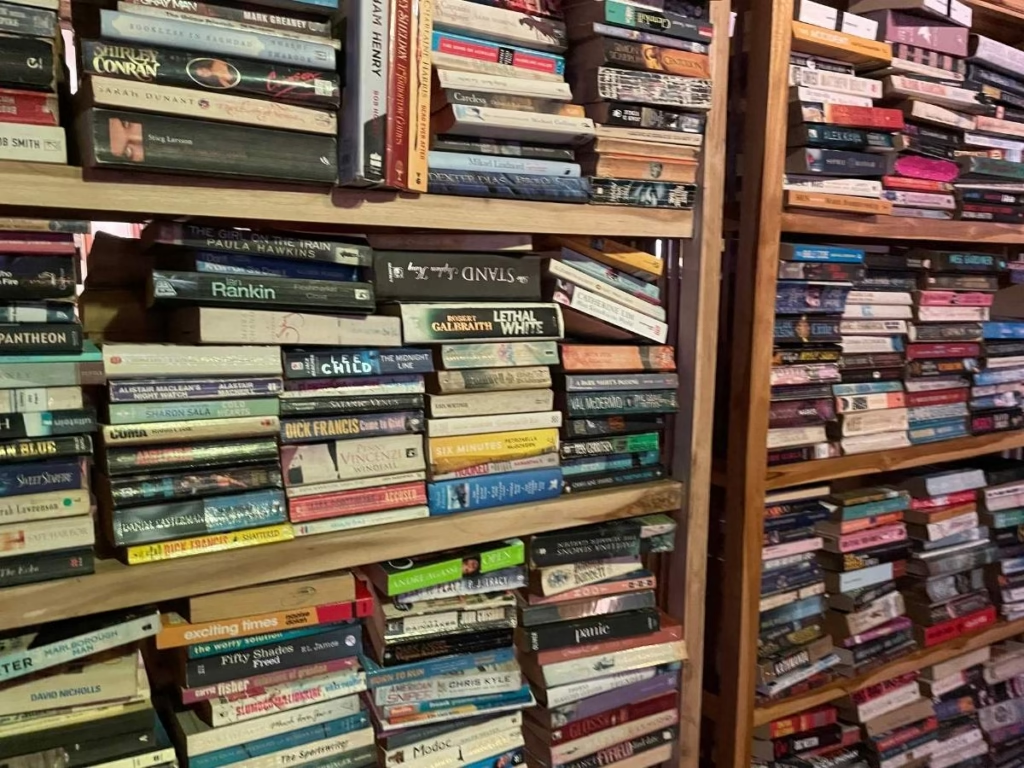
Start Using Retrieval Practice
Retrieval practice means deliberately recalling what you’ve learned, instead of rereading or looking back. Here’s how to make it part of your daily reading routine.
Start Small
- Sticky note summaries. After each chapter, write down one or two sentences capturing the key points. Keep it simple and leave the sticky note in the book.
- Quick recall check. Before putting the book down, try to remember these short summaries.
- Compare what you recall with what you wrote.
- Revisit older notes to strengthen your memory.
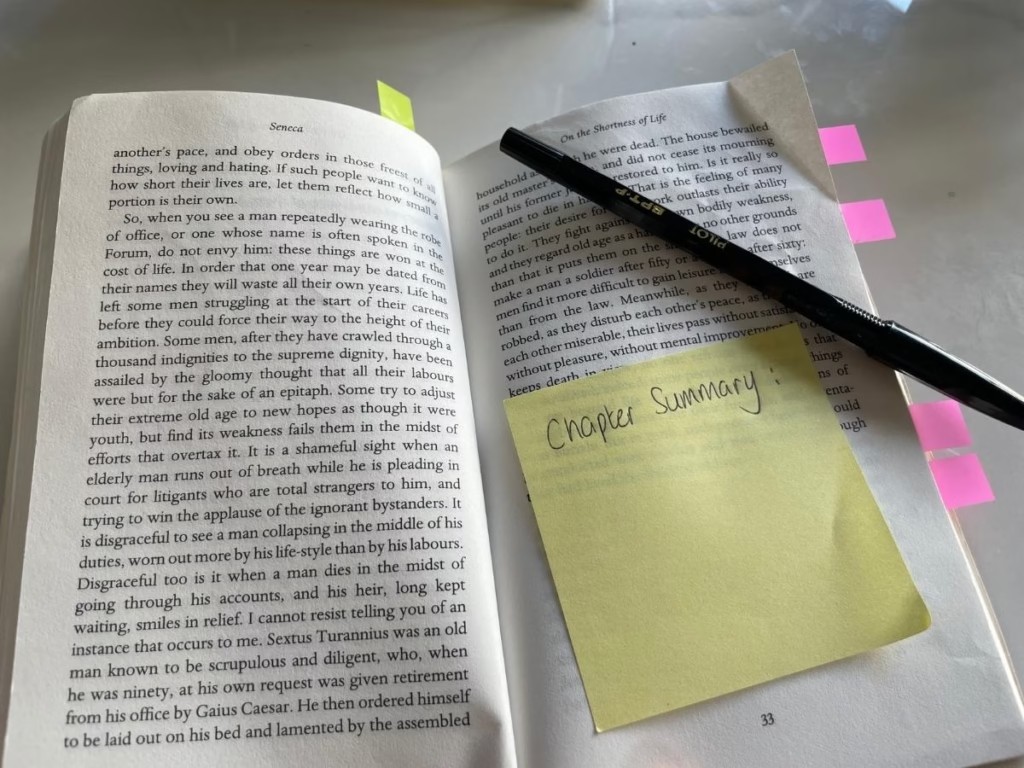
Even the writer Dale Carnegie relied on summaries. They were one of his 9 proven tips for making books unforgettable. Check out the rest here.
Level Up
- Margin questions. As you read, note down questions in the margin or on a sticky note. Later, return and answer them, adding quick research if needed.
- Slower, deeper reading. When you race through 5 chapters, you often forget the first. Instead, slow down and use retrieval techniques like summaries and questions as you read. One chapter per day will give your brain time to process and recall.
- Brain dump. Before picking up your book again, write down everything you remember on a blank page. It’s a quick way to warm up your memory for new learning.
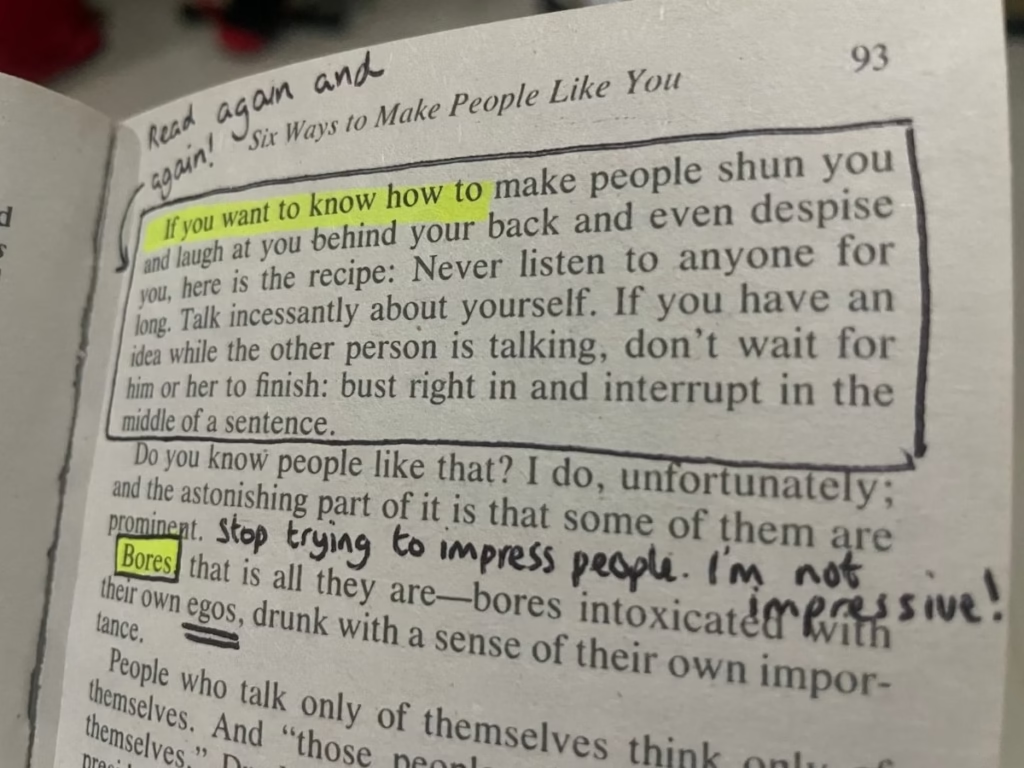
Go Social (or Digital)
- Mini chats or quizzes. Test your knowledge in a fun way. Ask a friend to quiz you, or let ChatGPT throw a few questions at you. It makes recall feel like a game.
- Chat with friends. Talking about a book in a casual conversation helps you remember it. When you share something that interests you, your brain connects the idea to that person, making it stick more easily.
- Teach it. Break the ideas down as if you were explaining them to another person. This forces your brain to process and understand complex topics. Use whatever format works best for you: writing, voice notes, or even drawing.
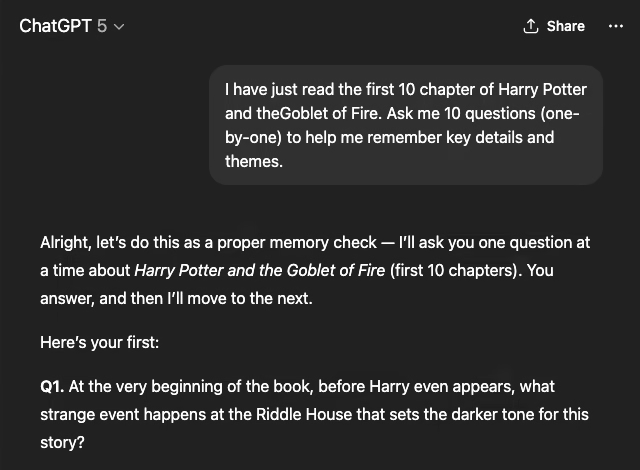
Advanced Habits
- Flashcards. Write down key concepts or new vocabulary, then test yourself regularly. Keep them handy to use in spare moments.
- Collect your notes. Keep your summaries in one place, like a notes app or journal, so you can revisit them easily. You can even copy them into ChatGPT and ask it to quiz you.
- Spaced recall. Don’t just review the next day, test yourself again a week later, then a month later. The harder it feels, the stronger your memory becomes.
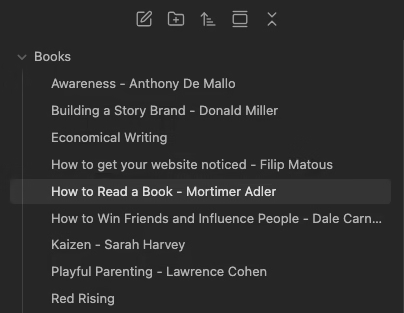
Every strong reader needs a system. A Reading Matrix is one of the easiest ways to organise your notes and lock them into memory. Learn more about it here.
Push Past the Excuses
- “I don’t have time.” If you have time to read, you have time to recall. It only takes a minute or two, think of it as part of your reading, not an extra task.
- “It feels harder.” That’s the point. Learning isn’t supposed to be easy. Easy = forgotten, hard = remembered.
- “This is just like school tests.” It depends on how you approach it. As an adult, retrieval practice can be low-stakes and even fun, with quick quizzes, sticky notes, or a chat with friends.
I get it. I used to feel the same way. But once I saw how even a little recall improved my memory, I stopped seeing it as wasted time and started seeing it as invested time.
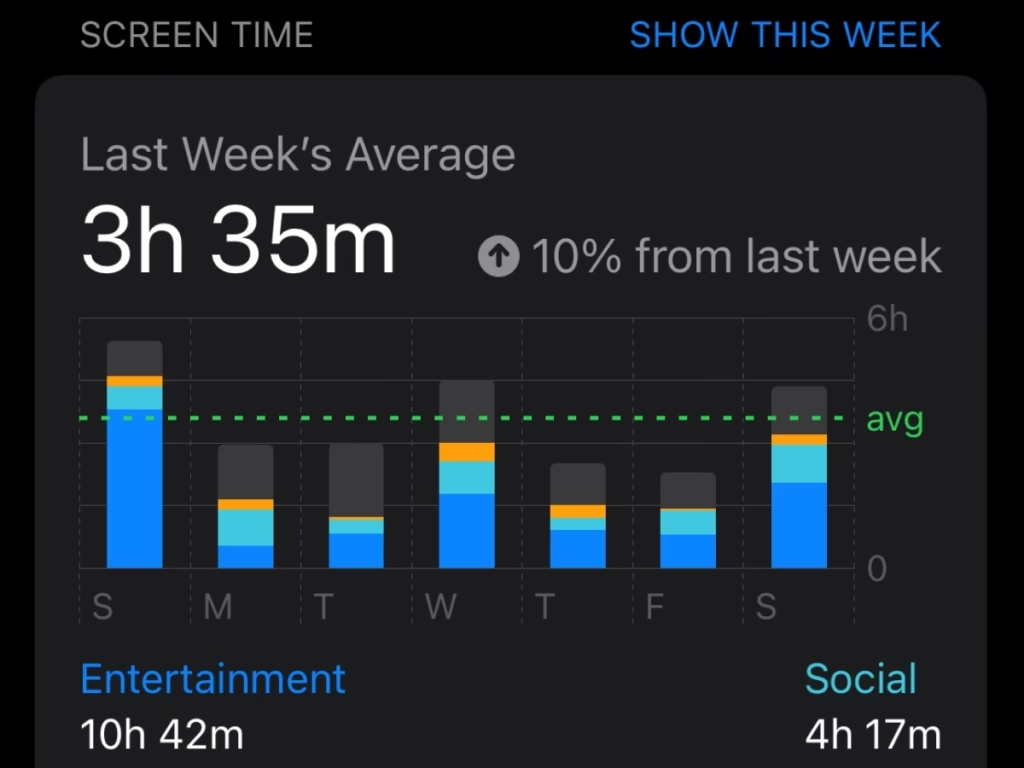
No time to read? You might have more than you think! Learn how to swap screen time for reading time in this post.
See the Difference of Retrieval Practice for Yourself
You picked up that book for a reason: to learn from it and use it to improve your life.
That’s admirable. The problem is when the key points slip away. Retrieval practice helps you hold onto what matters so you can apply the lessons without scrambling to recall them.
Once you see how well retrieval works, you’ll want to keep using it and try more techniques.
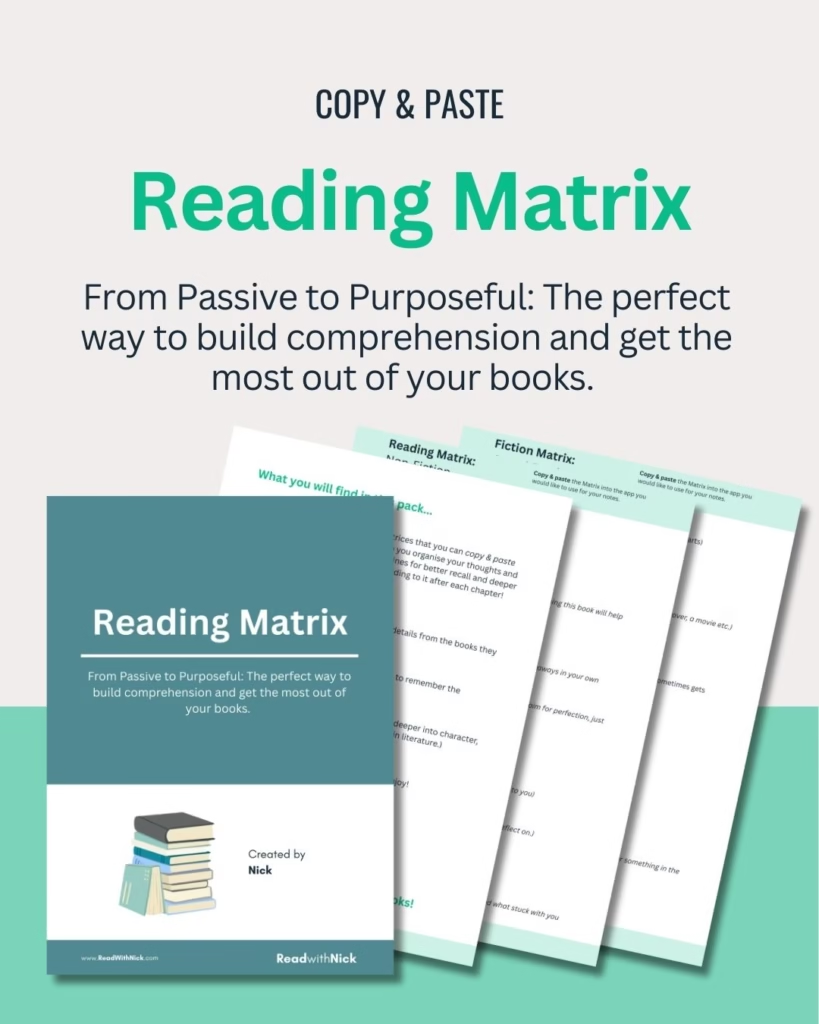
If you want to start simple, try my Reading Matrix. It is what I use with every book to help me:
- note key insights
- remember big ideas
- apply the lessons to my life right away.
Just copy & paste the template into a notes app of your choice!
Building a habit around remembering is just as important as the reading itself. Whichever technique you choose, remember that the point is to use the books you read as a tool.
Leave a Reply